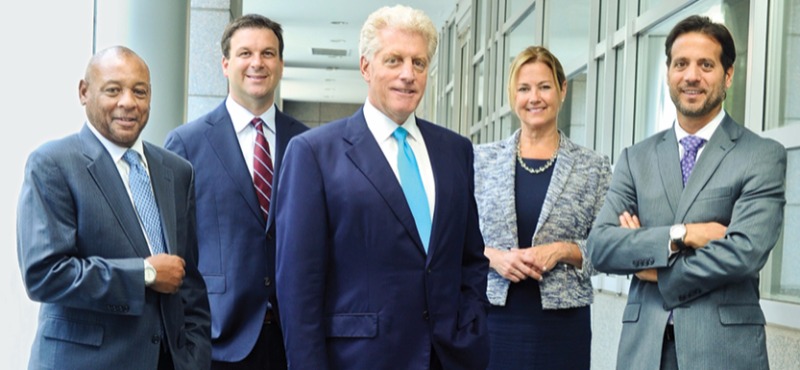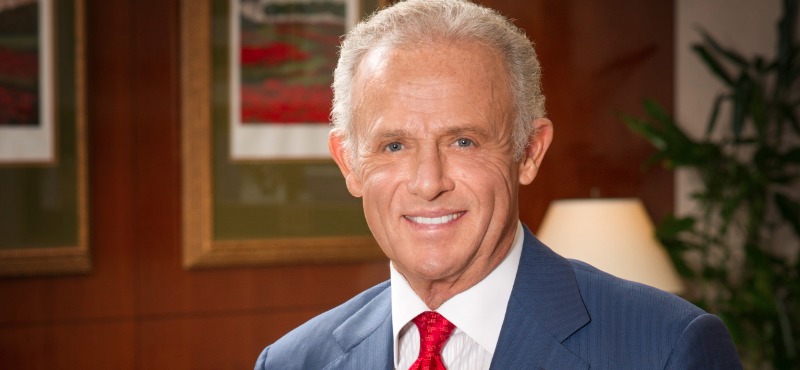Patrick Regan and the six other attorneys at Regan Zambri & Long have collectively spent decades helping individuals and families recover from devastating injuries and tragedies. While each case is about bringing justice so that a life can return to normal, Regan, whose firm is one of the go-to plaintiffs’ practices in the mid-Atlantic, says the firm’s work has far-reaching impacts that spread far beyond one individual.
Two cases immediately spring to mind. In one, the firm’s work helped force a recall of certain models of Chrysler-made Jeeps because the automaker placed the vehicles’ gas tanks behind the rear axle causing explosions even in minor collisions. In another, says Regan, the firm played a major part in changing a Maryland law that requires smoke detectors to be wired into a home’s electrical system. For one client’s family, having no such safety backup ended in tragedy when a fire broke out after the candles they had lit during a power outage burned unattended, resulting in the deaths of two children with another suffering devastating injuries. “We took a special bill to the legislature that was enacted into law in Annapolis,” says Regan, adding that the change requires inexpensive installation of safety battery backup systems.
But like many of the fights Regan Zambri & Long is involved in, the smoke detector case was a hard-earned victory, with losses being handed down in three appellate courts. “We don’t give up on our cases, because we are fully committed to them,” Regan says. “That’s one of the founding principles of our firm, and it’s how we approach each case. We’re prepared to go the distance in every case and for every client.” In a practical sense, that means preparing every case as if it was going to end up at trial, a hallmark of the firm’s approach and one that has led to its success.
Success, of course, is also a product of passion and conviction, and is what has driven Regan (along with his partners Salvatore Zambri, Victor Long and Paul Cornoni) for decades, and what will continue to push them forward in their methodical quest for justice. “We couldn’t do this work if we weren’t motivated by the right reasons,” Regan says. “There’s great satisfaction that comes with knowing you have a hand in forcing accountability on companies and on systems that have tried to cut corners and get away with it.”























